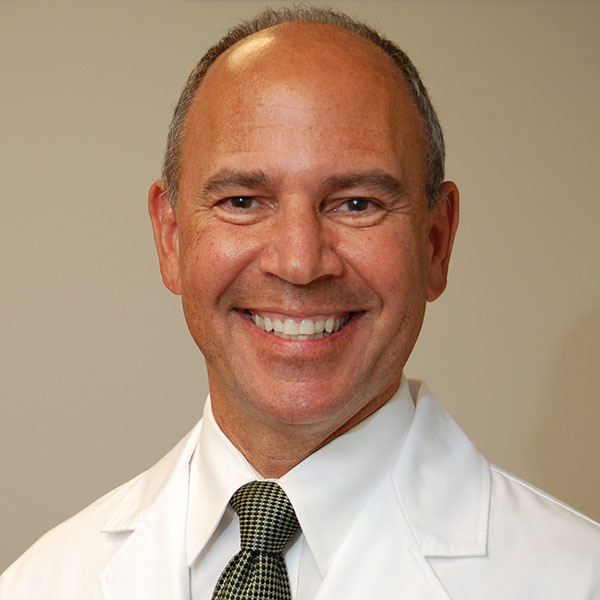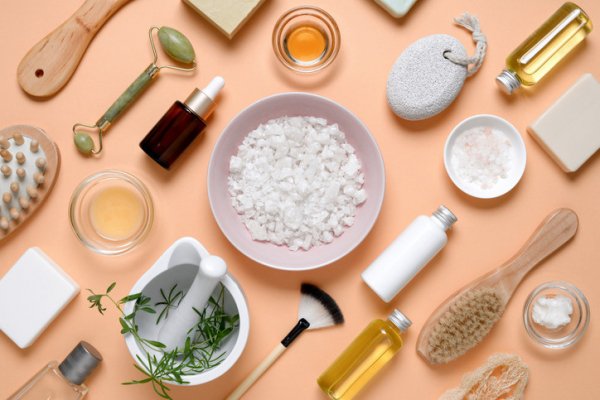Which skin creams are most effective for eczema?

Quelling the discomfort of atopic dermatitis, the most common form of eczema, can be a daily quest. This inflamed, itchy skin condition can interfere with sleeping, socializing, and many other activities.
If home remedies such as gentle cleansing and regular moisturizing don’t provide relief, your doctor might recommend a prescription treatment to apply to your skin. Which prescription cream is most effective? A new study boils it down to a few overall winners.
What is atopic dermatitis and the itch-scratch cycle?
Atopic dermatitis is a chronic inflammatory skin disease. The areas commonly affected include the face, hands, feet, or the skin folds of the elbows or behind the knees.
We don’t know exactly what causes atopic dermatitis. Genes, the environment, and an overactive immune system all seem to play a role in creating inflammation, which feels itchy. Scratching the itch creates more irritation and inflammation, which causes more itching.
As the itch-scratch cycle continues, the rash gets worse. The skin might tear, ooze, and crust over, which can be painful.
Which skin treatments were more effective in the study?
Some prescription topical skin treatments for atopic dermatitis are more effective than others, according to a 2023 study published online by The Journal of Allergy and Clinical Immunology.
Scientists evaluated more than 200 randomized trials involving more than 43,000 people with atopic dermatitis (average age 18). The researchers compared almost 70 different prescription creams or ointments, which are broadly called topical treatments and are designed to be applied to affected areas of skin.
These treatments fall into five categories. If you have eczema, their generic names may or may not be familiar to you, but your medical team is likely to know them well:
- topical corticosteroids, divided into seven classes ranging from the most to the least potent, decrease the release of an inflammatory chemical called phospholipase A2
- topical Janus kinase (JAK) inhibitors interrupt inflammatory signals as they enter cells
- topical PDE4 inhibitors raise the production of a chemical called phosphodiesterase-4, or PDE4, and lower the body’s inflammatory response
- topical calcineurin inhibitors help suppress the production of chemical messengers that tell the body to ramp up its defenses
- other topical treatments, including antibiotics and prescription moisturizers.
Researchers looked at which medications had outcomes important to patients, including which
- were best at improving quality of life
- were best at reducing eczema-related severity, itch, sleep disturbances, or flare-ups
- caused the fewest serious side effects
- were discontinued least often due to serious side effects.
Which atopic dermatitis medications proved to be most effective?
The study yielded some predictable results and a surprise. The overall winners were
- two calcineurin inhibitors: pimecrolimus (Elidel) and tacrolimus (Protopic)
- moderate-potency topical corticosteroids, a large group that includes fluocinolone acetonide (Synalar cream 0.025%) and triamcinolone acetonide (Kenalog cream/ointment 0.1%).
What did these medications improve?
- Pimecrolimus improved six of seven outcomes, and was among the best at reducing sleep disturbances and eczema flares.
- High-dose tacrolimus (0.1%) improved five outcomes, and was among the best at reducing itch and eczema flares.
- Moderate-potency steroids improved four to six of the seven outcomes, and were best at reducing eczema itch, flares, and serious side effects.
“That’s in line with what we often prescribe,” says Dr. Connie Shi, a dermatologist who often treats people with eczema at Harvard-affiliated Brigham and Women’s Hospital. “The strongest topical steroids appeared to be the most effective at reducing eczema severity in the study. However, for longer-term maintenance we may consider switching to a moderate-potency steroid, or one of the nonsteroid options, to minimize the risk of thinning the skin, which can occur with long-term use of topical steroids.”
The surprise finding: the study found little to no effectiveness from using a topical cream twice daily versus just once daily. “The traditional advice is twice daily,” Dr. Shi says. “Once a day would make it more convenient to use, and it may help people stay on their medication regimen without decreasing effectiveness.”
Which treatments were less effective in this study? The researchers found that topical antibiotics were among the least effective treatments for eczema.
Should you change your treatment?
“While the study included more than 40,000 people, what worked for participants may not always work for you, as different people may respond differently to the same treatment,” Dr. Shi explains. “There are many factors to consider when prescribing a treatment, including your age, the areas on your skin that are affected, the severity of the eczema, and potential side effects.”
The bottom line? “If a treatment regimen is working for you, then continue it, as long as you don’t have any serious side effects,” she says. “If your current regimen isn’t working well, talk with your doctor or a dermatologist to see if there’s another prescription cream or ointment that you may want to try.”
About the Author

Heidi Godman, Executive Editor, Harvard Health Letter
Heidi Godman is the executive editor of the Harvard Health Letter. Before coming to the Health Letter, she was an award-winning television news anchor and medical reporter for 25 years. Heidi was named a journalism fellow … See Full Bio View all posts by Heidi Godman
About the Reviewer

Howard E. LeWine, MD, Chief Medical Editor, Harvard Health Publishing; Editorial Advisory Board Member, Harvard Health Publishing
Dr. Howard LeWine is a practicing internist at Brigham and Women’s Hospital in Boston, Chief Medical Editor at Harvard Health Publishing, and editor in chief of Harvard Men’s Health Watch. See Full Bio View all posts by Howard E. LeWine, MD




Post Comment